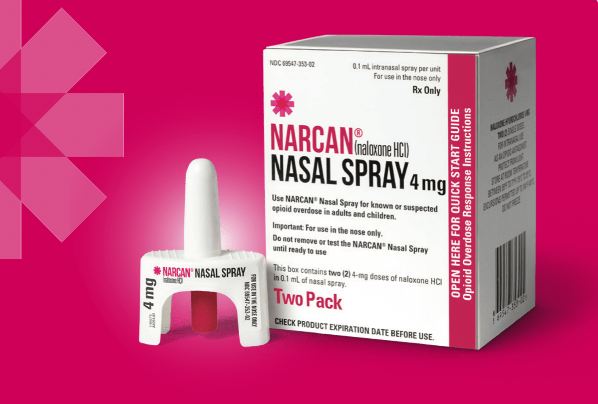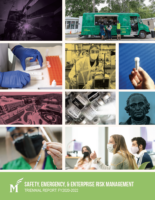This June, in recognition of National Safety Month, Risk Safety, and Resilience (RSR) reminds the George Mason community about the importance of electrical safety. By staying informed and practicing safe habits, we can reduce the risk of electrical accidents.
Electrical malfunctions are a leading cause of workplace fires. Common issues like overloaded outlets, damaged power cords, and misuse of extension cords can create hazardous situations. By following a few simple tips, we can help prevent electrical accidents:
General Electrical Safety Tips:
 Avoid Overloading Circuits
Avoid Overloading Circuits
Plugging multiple appliances into a single outlet can lead to overheating and potential fire.

Operate electric-powered devices in dry conditions
Avoid using electrical devices in wet or damp environments.
 Power Major Appliances Safely
Power Major Appliances Safely
Plug major appliances into wall outlets and avoid using extension cords with them.
 Perform Regular Inspections
Perform Regular Inspections
Check cords and outlets for damage and wear. Replace any frayed cords immediately.
 Safety Devices
Safety Devices
Ground Fault Circuit Interrupters (GFCIs) and Arc Fault Circuit Interrupters (AFCIs) can prevent electrical fires by shutting off power when a hazard is detected.
 Safe Work Practices
Safe Work Practices
De-energize equipment before maintenance and use appropriate personal protective equipment.
 Check for Warning Signs
Check for Warning Signs
Unusually warm outlets indicate unsafe wiring that needs inspection. Never connect plugs that have broken, bent, or missing prongs.
Working or Studying from Home?
Stay Safe with These Tips:
- Unplug appliances when not in use to save energy and minimize the risk of shock and fire.
- Make sure cords do not become tripping hazards.
- Keep papers and other potential combustibles three feet away from heat sources.
Electrical safety is everyone’s responsibility. Let’s use National Safety Month as a reminder to stay alert and informed. Protect yourself and the George Mason community by staying smart about electricity.
Resources: Electrical Safety Guide


